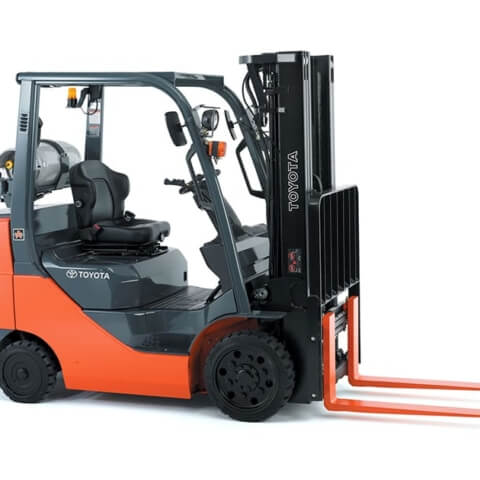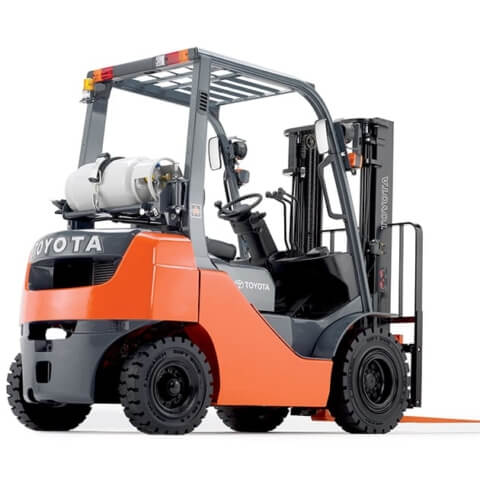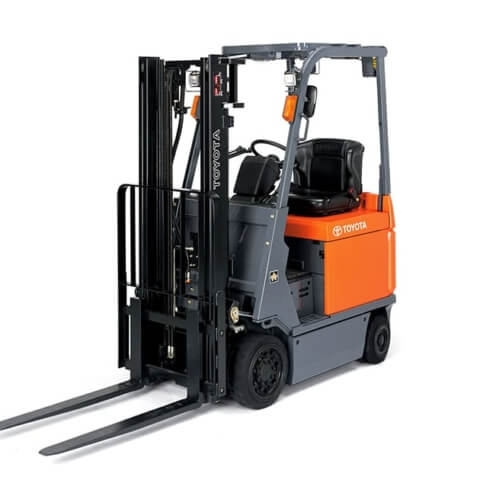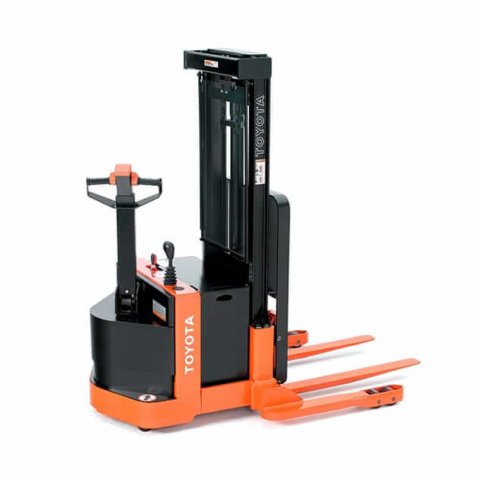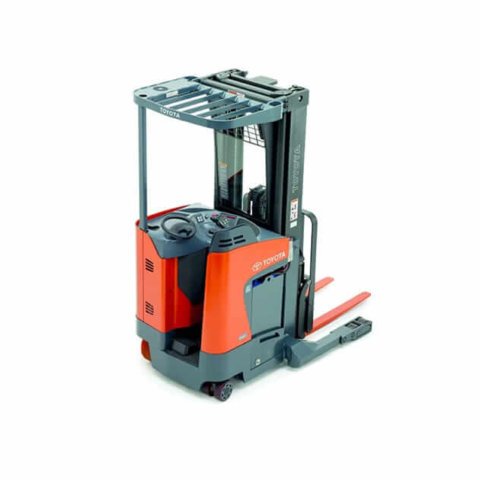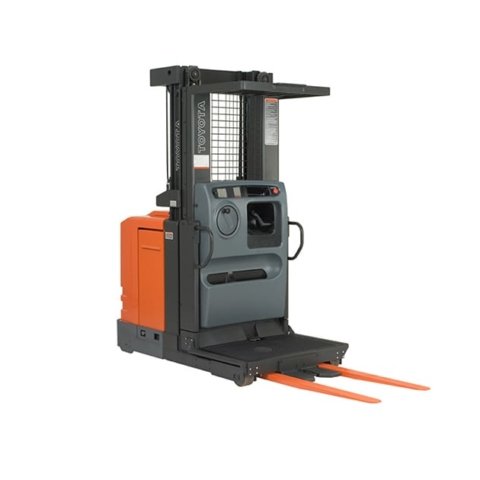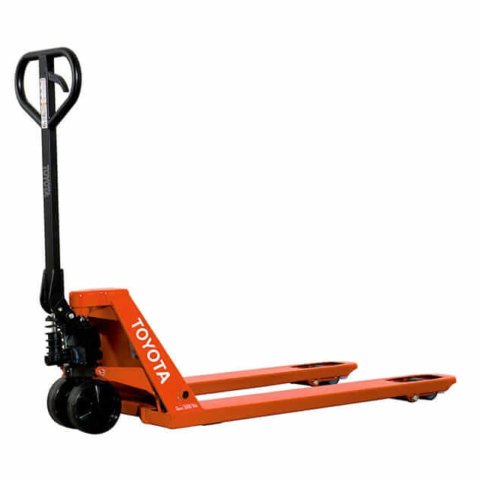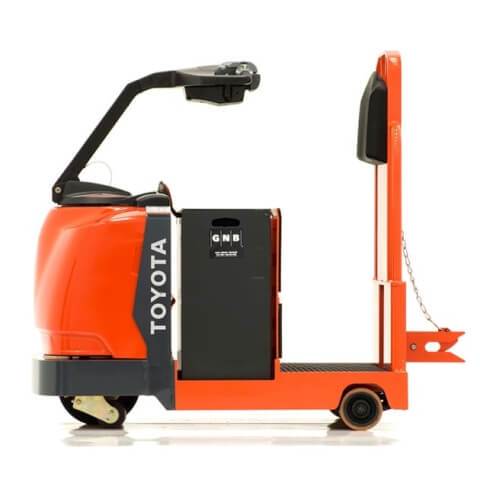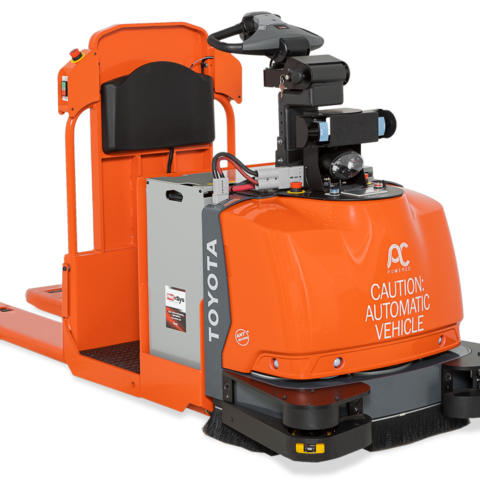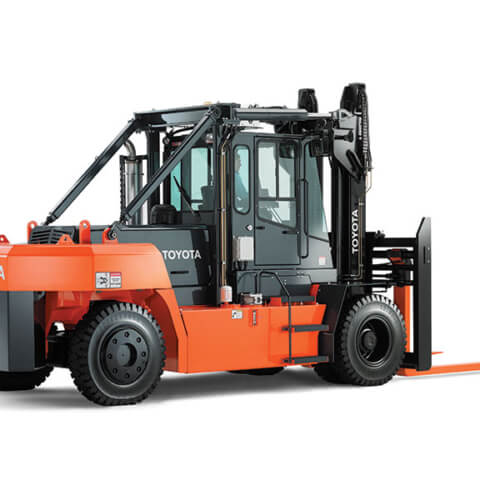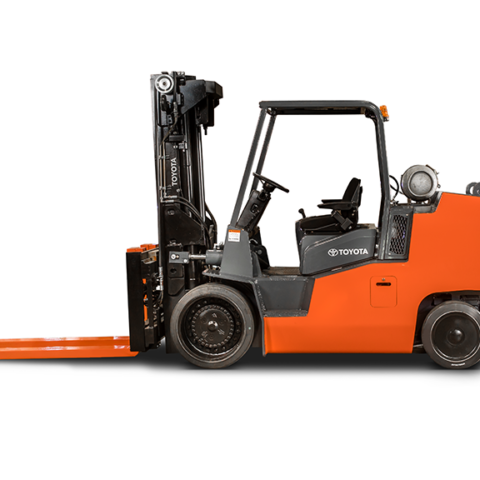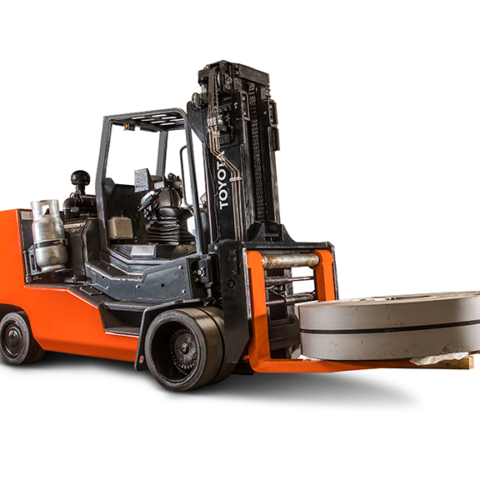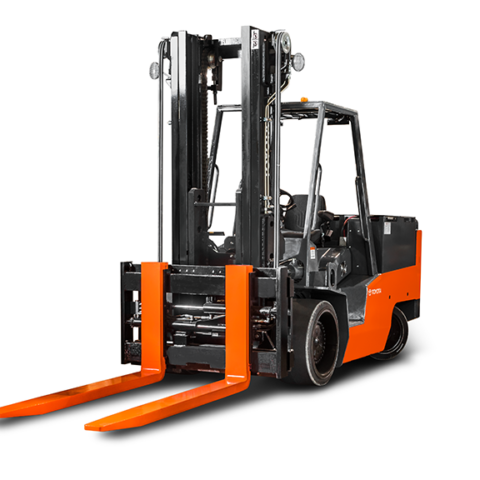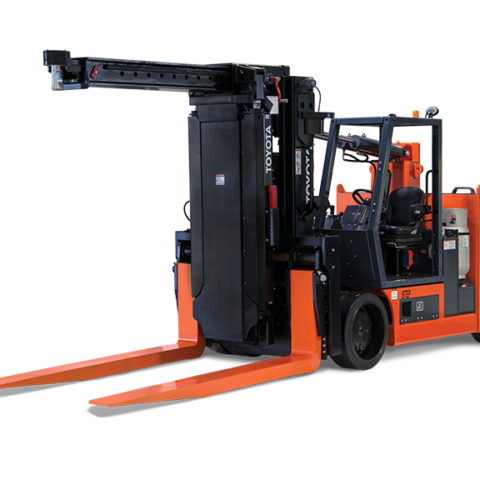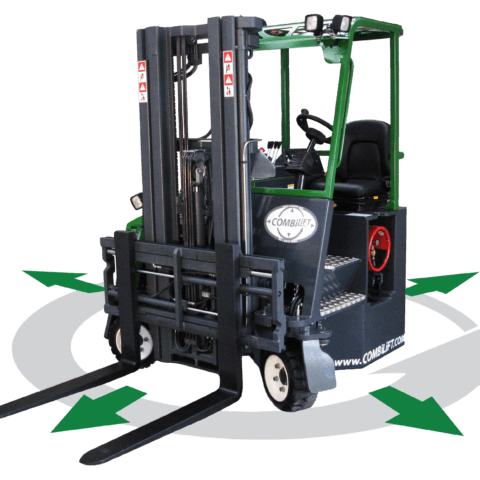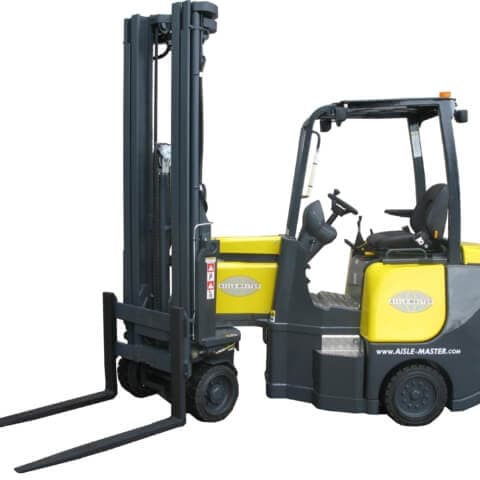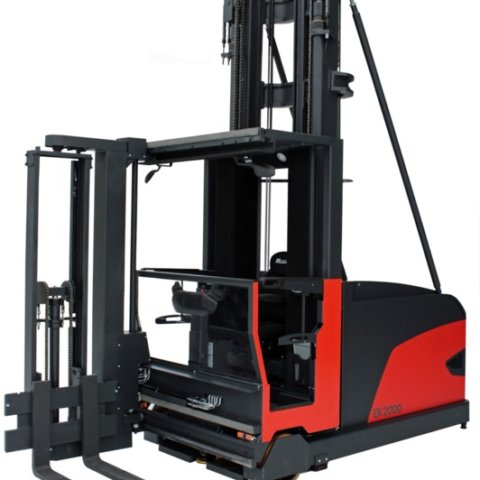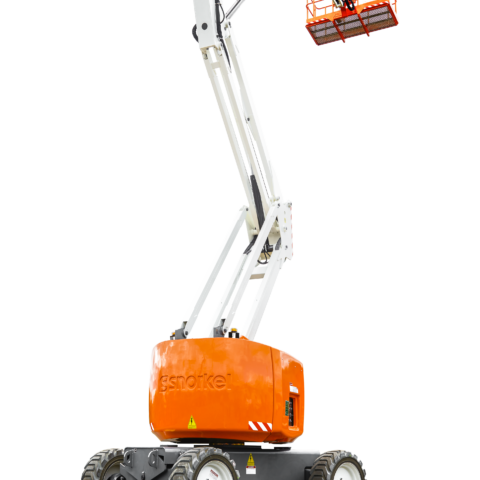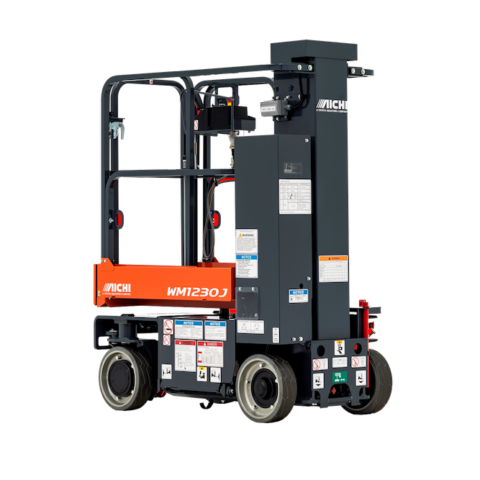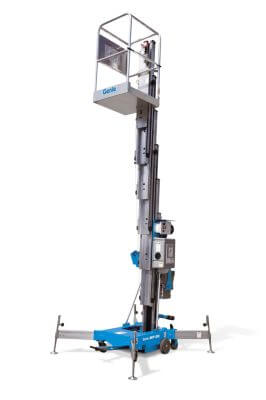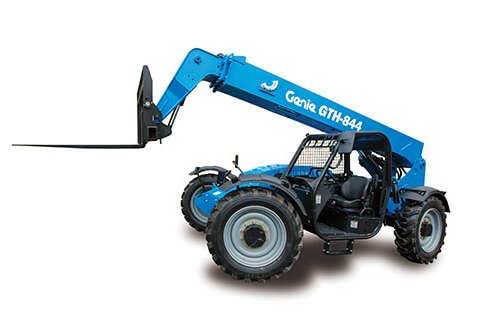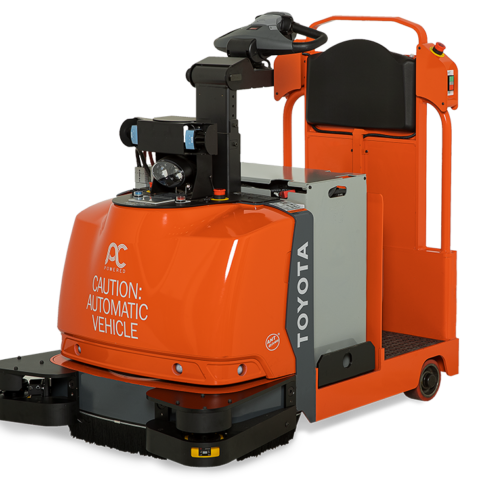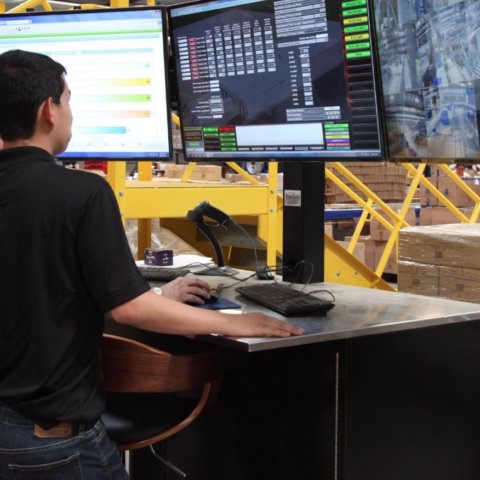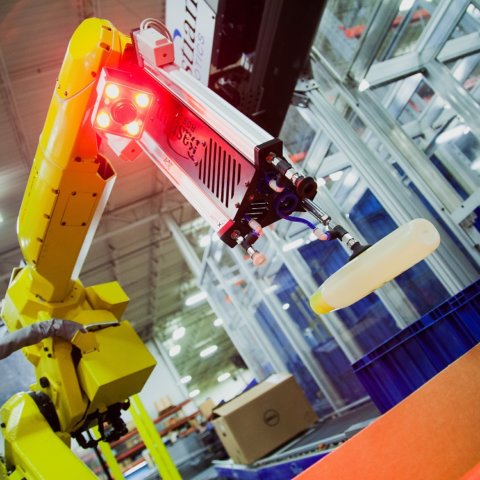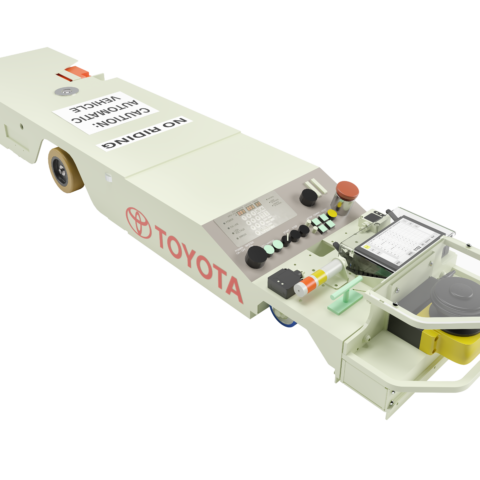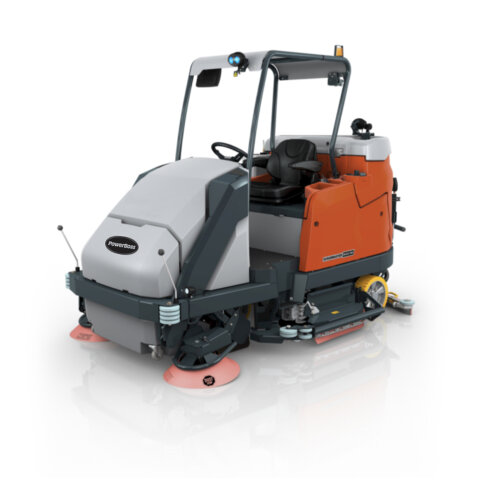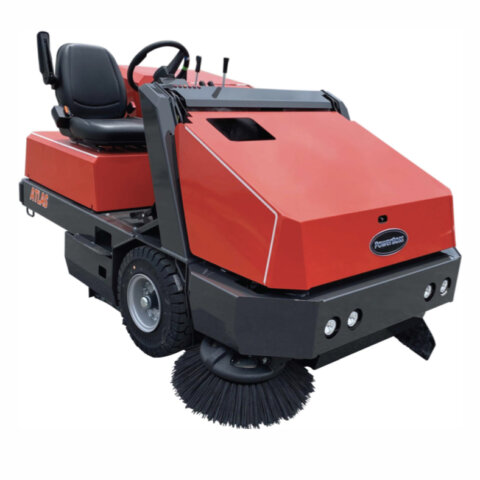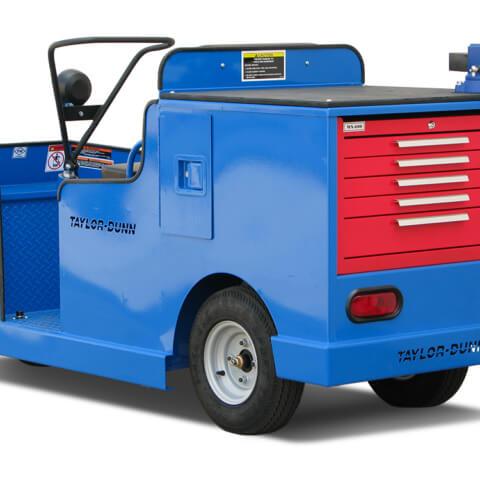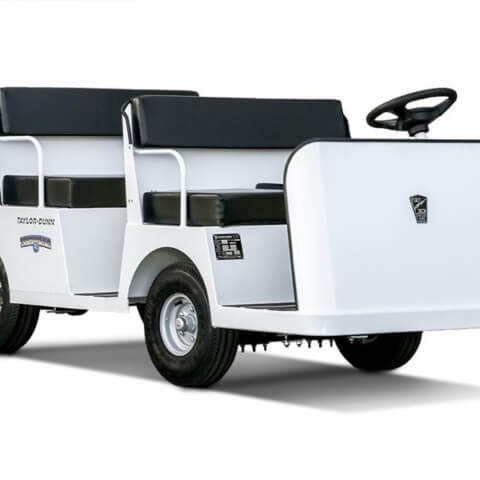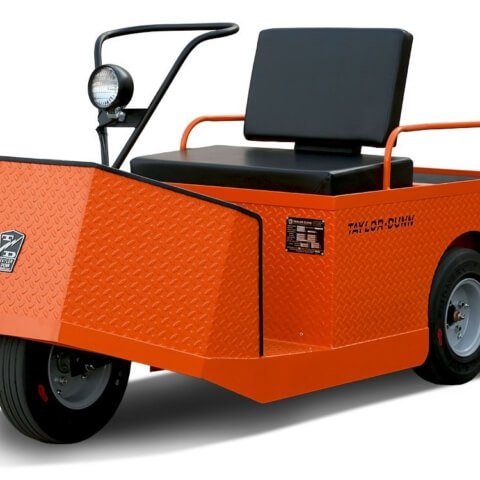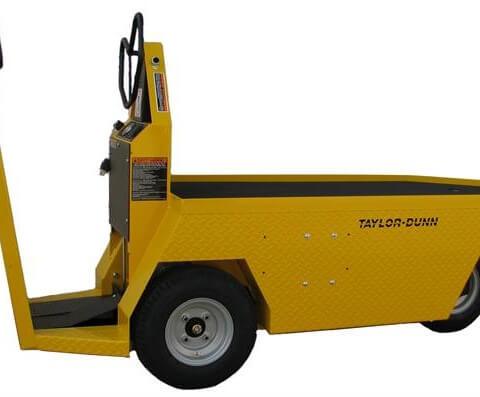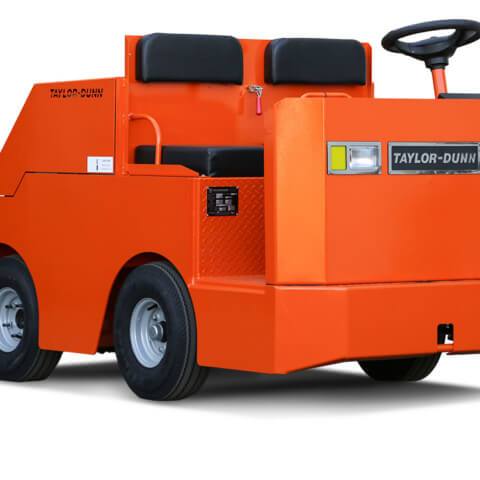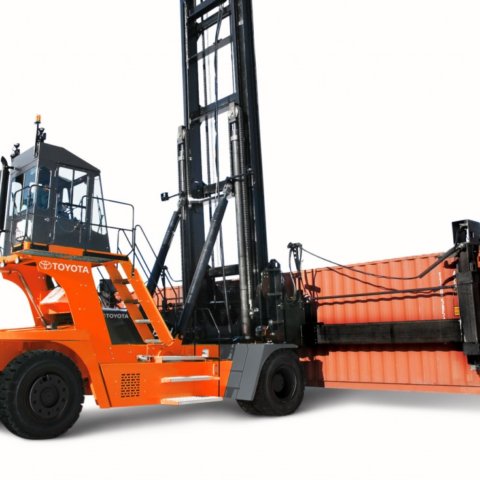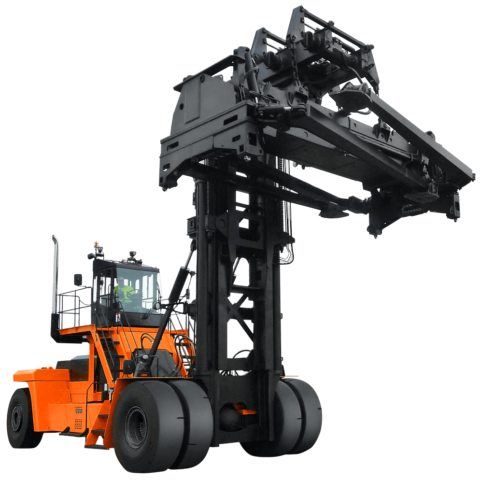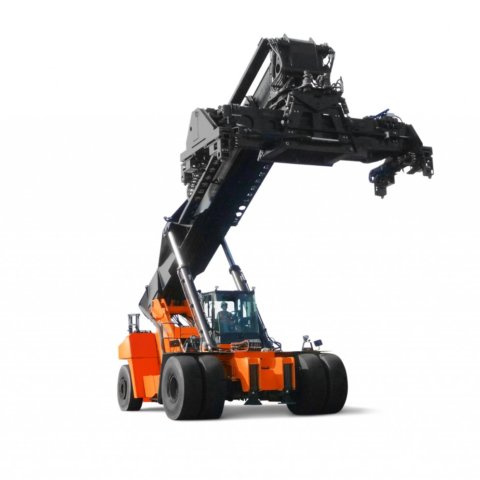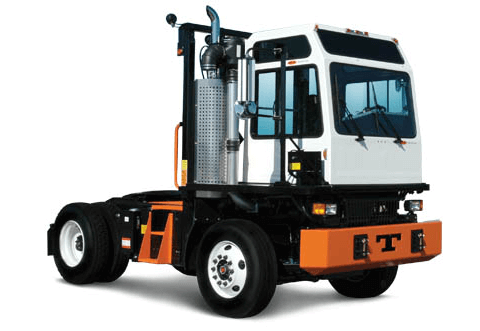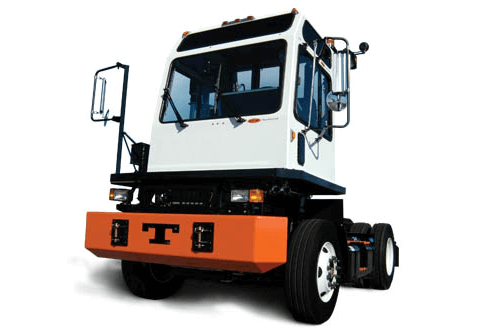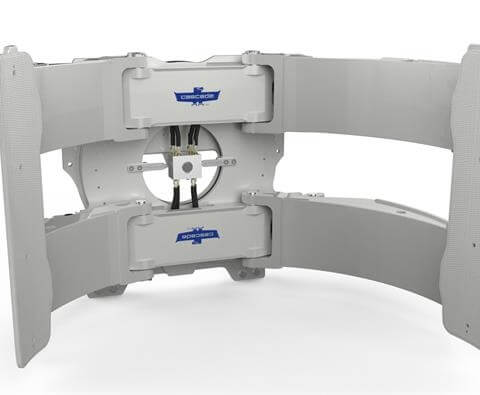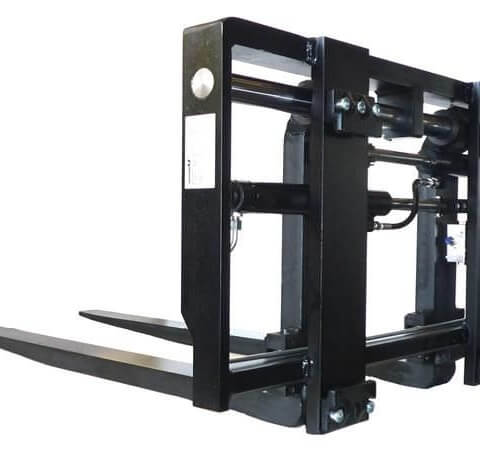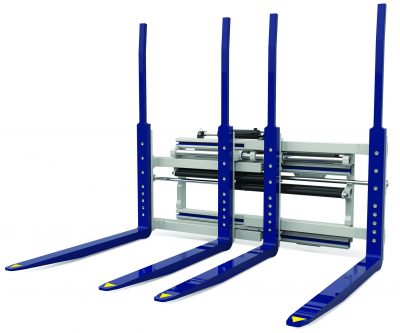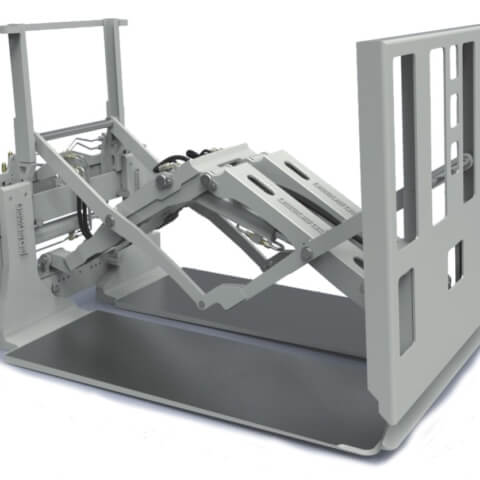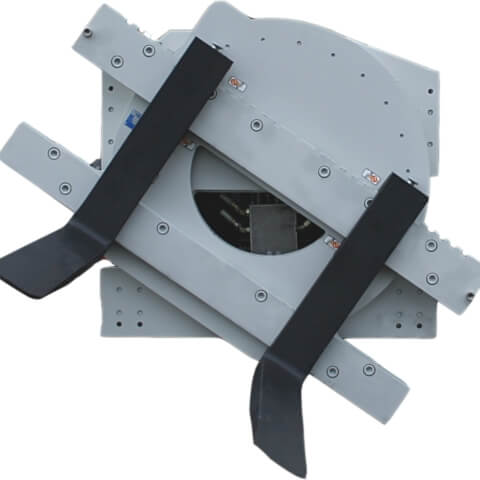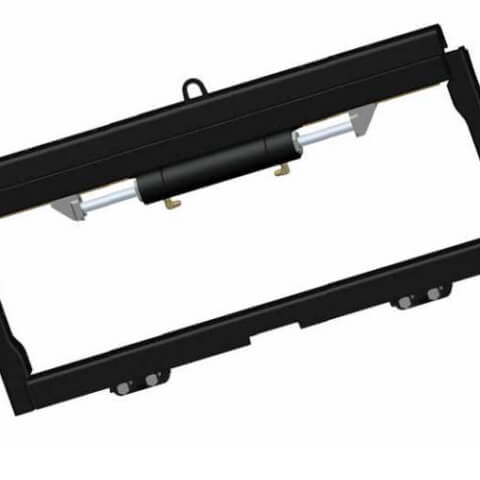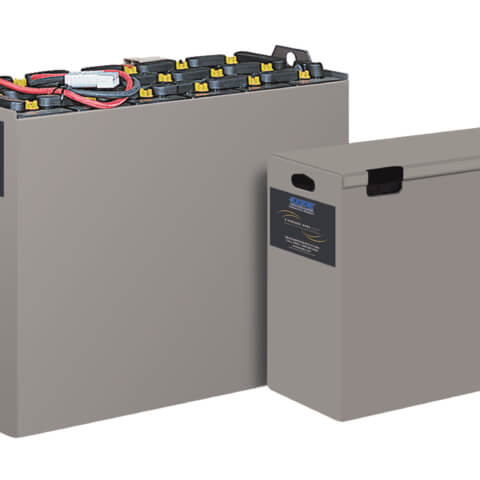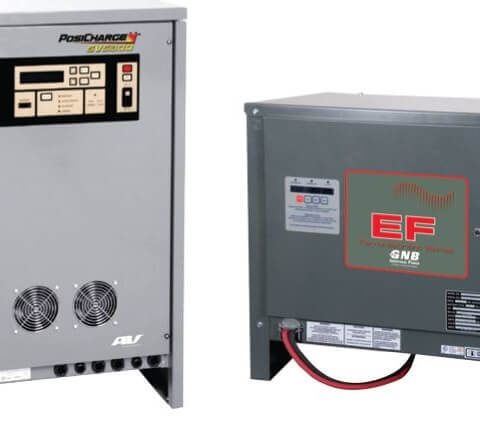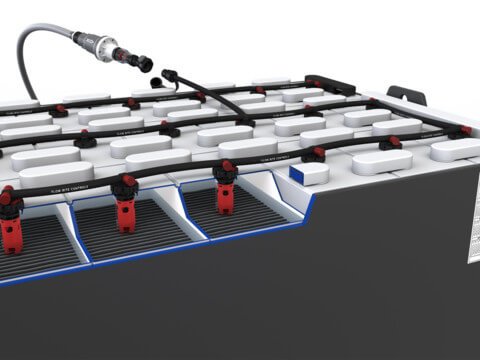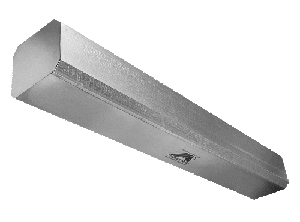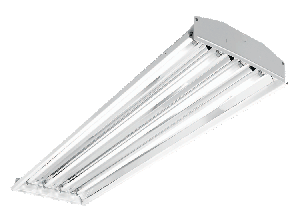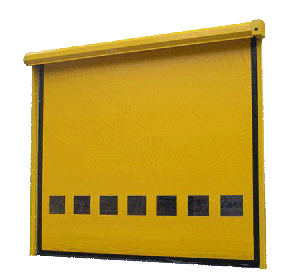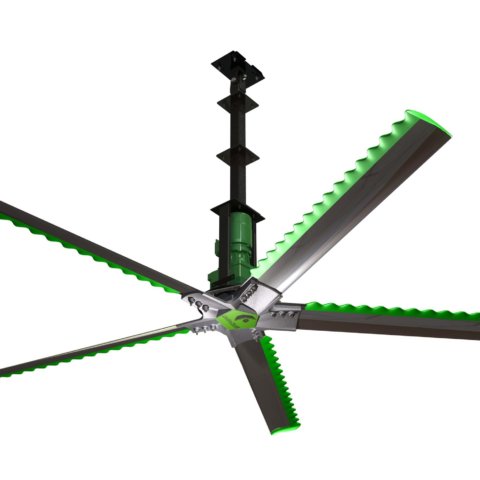
In need of a new forklift battery? ProLift can help! REQUEST QUOTE
As electric forklifts become more mainstream in the U.S. marketplace, companies must consider forklift battery charging options such as fast and opportunity charging.
Forklift Battery Charging Options
Fast or opportunity charging is ideal for companies with multi-shift operations. While conventional battery charging gives the forklift operator 8 hours of run-time, it then requires 8 hours of charging time and another 8 hours to cool before it can be used again. To not experience downtime, additional batteries must be purchased for each shift.
With a fast or opportunity charging system, forklift operators plug in during down periods (i.e. breaks, lunches, overnight), which keeps the battery operating at the desired 40 – 80% state of charge. It is important to equalize the battery weekly, bringing the battery to 100% state of charge as well as reducing sulfate build-up.
Warehouse Modification Requirements
What warehouse modifications are needed to implement fast or opportunity charging?
For most non-conventional charging applications, no changes are needed. However, depending on your application and charging demands, an evaluation of the existing electrical infrastructure should be performed.
An important component of a successful fast or opportunity charge system is operator compliance, which can be easily accomplished through proper training. Additionally, strategic placement of charging stations (i.e. near break rooms or loading docks) increases the likelihood of compliance.
Fast Charge Forklift Battery Life Cycle
A fast charge forklift battery generally lasts 3 years or less as compared to a conventional battery than can last up to 5 years. Its shorter life isn’t due to high charging temperatures – in fact, because the fast charge battery terminates the charging process at approx. 80%, the temperature and gassing is very similar to a conventional battery charge at 100%.
Multi-shift operation contributes to its shorter life cycle. Because only one fast charge battery is needed for production, its number of daily working hours is dramatically increased compared to a conventional battery. Batteries used in the toughest of applications are more vulnerable; however, if properly sized by a professional, most do not have a shorter life cycle.
Questions about your forklift battery charging options? Contact ProLift to schedule an equipment specialist for a complimentary onsite consultation. We can help you to properly size your forklift batteries so they do not experience a shorter life cycle.

